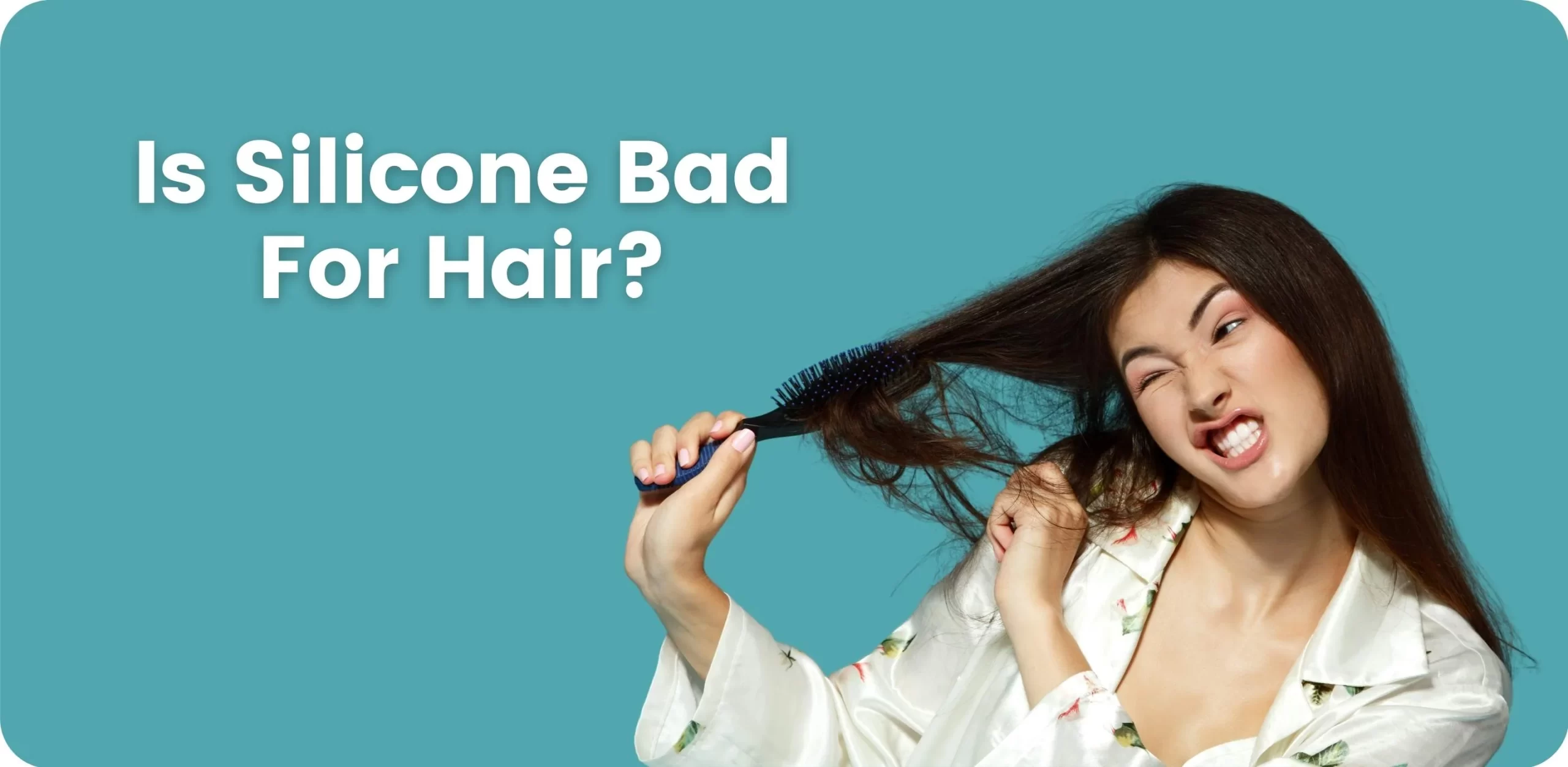Ever wondered about those long, complicated chemical names listed on your hair care products? Among them, silicones often stand out. But are they your hair’s best friend or a potential foe? Let’s unravel the science behind silicones and explore their impact on your precious locks. ✨
Silicones are synthetic compounds known for their smoothing and shine-enhancing properties. They are widely used in hair care products, including shampoos, conditioners, and styling products. The allure lies in their ability to create a protective coating on the hair shaft, imparting a sleek, polished appearance. Think of it as a beauty shield for your strands! ️
At first glance, silicones seem like the perfect solution for achieving that coveted smooth and glossy finish. However, it’s essential to understand both sides of the story. While silicones offer immediate gratification in terms of appearance, there are potential downsides to consider.
The protective coating created by silicones can also lead to buildup over time. Imagine layer upon layer of product accumulating on your hair, creating a barrier that may impede the absorption of moisture and nutrients. This buildup can result in dullness, weighed-down hair, and even contribute to issues like dandruff.
Moreover, silicones are not water-soluble, meaning they may require harsher cleansers to be fully removed from the hair. This can lead to a cycle of using stronger shampoos to combat buildup, which in turn may strip the hair of its natural oils, potentially causing dryness and damage. It’s a delicate balancing act that requires careful consideration. ⚖️
On the flip side, many argue that the benefits of silicones outweigh the drawbacks. The protective layer they create helps in reducing friction between hair strands, minimizing tangling and breakage. Additionally, silicones can act as a temporary fix for split ends, giving the appearance of healthier, more manageable hair. It’s a trade-off between immediate aesthetic benefits and potential long-term consequences. ♀️
As with any beauty ingredient, the key is moderation and informed choices. If you choose to use silicone-based products, occasional clarifying shampoos can help prevent buildup. Alternatively, explore silicone-free options, allowing your hair to breathe and absorb moisture more effectively. Remember, the science of silicones is a complex one, and what works for one person may not work for another. It’s all about finding the balance that suits your unique hair needs.
In conclusion, the science of silicones in hair care is a nuanced topic. While they can provide instant gratification in terms of appearance, their potential for buildup and long-term consequences cannot be ignored. Whether they’re a friend or foe for your hair depends on your individual preferences and the specific needs of your locks. So, the next time you reach for that hair product, consider the science behind the silicones and make an informed choice for your mane.

Leave a Reply